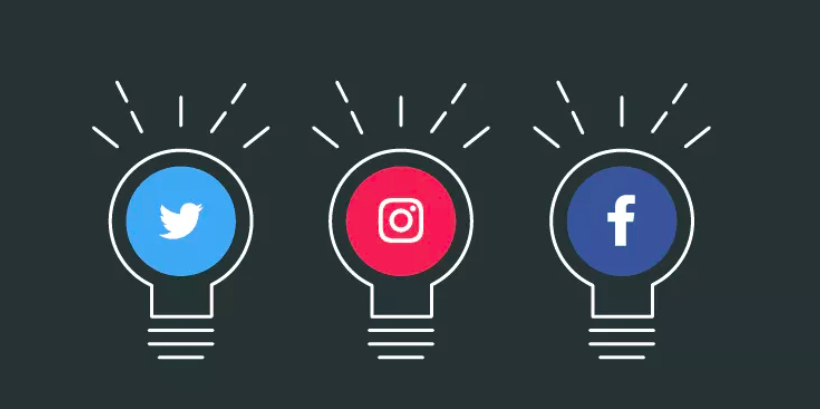Living in a day and age where social media has become incredibly advanced and prominent, it is important to understand both the risks and rewards of having such a powerful tool at our grasp. A digital identity refers to an individual’s online presence, including how they might utilize specific tools and platforms, what they post online, and how they engage with other identities (Stroller, 2016). Having a digital identity has made it possible for many individuals to network themselves and find opportunities. For example, platforms such as Linkedin are often used to showcase business portfolios and create connections with fellow businesses and professionals. Etsy is another platform that allows individuals to showcase their individual businesses and sell handmade products. The expansion of platforms such as YouTube and TikTok have created new opportunities in terms of “influencers” and “creators” who actually make profit and use these tools to make a living.
Conversely, it is very easy for someone to create a digital identity with a desired image or a perception that might make them seem more enticing and qualified to viewers or followers, whether it be professionally or socially. The idea of “catfishing” poses a risk, as there may be instances where you come across a profile that is not actually real or that seems too good to be true. Additionally, it is important to be aware of your digital identity privacy settings and what you are showcasing online for the world to see. I try to keep my personal social media accounts fairly private and tend to engage in others’ posts more often than creating my own. It honestly scares me a little bit just how easy it is to gather information on someone based on their digital identity, whether it be their interests, who they know, or even their location.
Although social media has allowed for so much growth and opportunity in today’s society, there is also a very dark side to social media that has become much more talked about and recognized. The effects of social media on mental health can be very damaging and unfortunately are quite common. As these online platforms have essentially become integrated into our lives and society, it is important to know how to manage and balance online networking with ‘real life’ interaction and connections.
Watching the video regarding the “Value of Digital Identity for the Global Economy and Society”, I found it very interesting to hear that more than one billion people worldwide do not have a legally recognized digital identity (Davos, 2019). Growing up and living in a very Westernized culture, I think many of us are often sheltered from the realities of those who do not have access to social media, as it has slowly become more of a fundamental element of our own society and therefore is often regarded as an essential. It will be very interesting to see what the future holds in terms of this, and whether or not governments and organizations can be successful in expanding access to obtaining a digital identity for those in more impoverished communities.
References
Davos. [World Economic Forum]. (2019, Feb 5). Press Conference the Value of Digital Identity for the Global Economy and Society. YouTube. https://www.youtube.com/watch?v=1-V7lyxrOmw
Stroller, E. [University of Derby]. (2016, Nov 25). Eric Stroller – What is Digital Identity?. [Video]. YouTube. https://www.youtube.com/watch?v=u0RryRbJza0

(https://promorepublic.com/en/blog/unusual-mental-health-tips-social-media-managers-try-now/)
aneka1
26 May 2022 — 2:21 pm
Kaitlyn I really enjoyed reading your post! I thought it was great that you highlighted the new job opportunities that have been created online where people are able to network themselves and their creations. When writing my post I hadn’t thought to include peoples small online business that are created through social media or on online websites like Etsy. The idea of online shopping isn’t knew but marketing yourself through TikTok and becoming a “creator” is much more accessible with these kinds of websites and apps.
ariehl
30 May 2022 — 6:30 pm
Hi Kaitlyn!
I loved reading your blog post! I thought that the points you made about social media allowing for much growth and opportunity, both personally and professionally in personal learning networks and business opportunities were excellent; I completely agree with you. I also enjoy the fact that you acknowledged the downsides to social media and it’s detrimental effects on mental health.
I think it’s also important to recognize that social media cannot only have detrimental effects on our mental health, but the digital identities that we create in the reputations we exemplify could also have detrimental effects on how we earn and achieve employment opportunities. Making only a few mistakes in what we post on our social media, what sorts of comments we leave, and who we interact with, can potentially lead to us either getting a job or failing to get a job!
Social media allows for a lot of space for us to grow, but it can also be what holds us back if we do not use it properly. Talk about a vicious cycle!